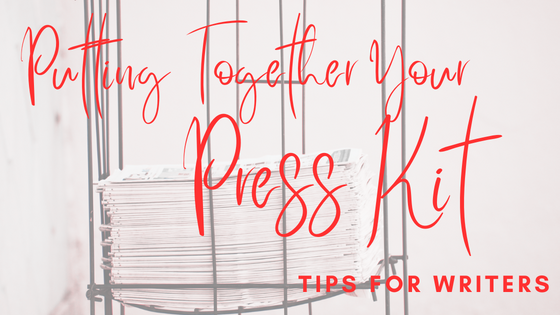In my day life, I’m a Quality Assurance and Governance Manager. In Information Technology, we collect a lot of data and analyze it. We use it to see successes and to find gaps with our processes and systems.
Even though writers deal in words and paragraphs, data and metrics can be valuable tools. Checking out your metrics can help you see your progress and areas that may not be as profitable as you first thought. Here are a few ideas for ways you can use your analytics.
Word Counts - I need a way to track my progress when I’m working on the first draft of a book. I decided a few years back that if I’m going to do this as more than a hobby, I needed to be able to produce more than one book every five to seven years. I set some goals for days that I go to the day gig and for weekends. If I stay on track, I can usually have a completed first draft in a little over two months.
I keep a little sticky note on my desk with the date and the daily total. It’s a good motivator, and I can see the progress that I’m making. It also helps me get back on track if life gets in the way.
Over-used Words - There are certain words and phrases that I use over and over (and over) again. Sometimes, I don’t even realize I’m doing it. I keep a list of these (like just, that, in a minute, smiling, nodding,…). When I’m revising my draft, I use the word processor’s find and replace feature to seek these out. It also tells you how many times you use a word or phrase. It’s humbling, when you realize there are 438 justs in your manuscript.
Social Media and Website Analytics - Make sure that you periodically review the analytics pages on your social sites and your webpage. For Facebook and Instagram, you’ll need an author or fan page to have access to these features. The numbers on these sites show you who is visiting your site, where are they coming from, and when they visit. If you have more followers, you’ll get access to demographics such as gender, age groups, and countries of origin.
You can look at your individual posts and see the likes, comments, and how much attention your posts are getting. It will tell you the best time to post for your followers, and after a while, you’ll see what works best. (It’s usually posts with pictures and videos.) Make sure that you make your marketing posts public, so others can share them. Sharing and comments help you spread your information organically (without paying for an ad or a boost).
Sales and Expenses - It’s often difficult to see sales results from some types of marketing. I have a spreadsheet that shows costs and any sales or fees I receive. Not all of your marketing will lead to a book sale. Look at the number of new followers and newsletter subscribers you pick up after an event. I try to track these in my spreadsheet, too.
I always give a bookmark to anyone who stops by my booth or table. I have noticed an uptick in audio books and ebooks after an event. Some people prefer different formats.
You also make contacts at these events. It may not turn into a sale, but it could lead to another event or opportunity. I love meeting readers and other authors.
Yes, sales and expenses are important to track, but you may want to think about some of the other returns on investment for programs and online events, too. You’re networking, you may find out about book clubs, you may get new followers, and you never know when a chance encounter could turn into an opportunity.
What are some other ways you use metrics to help your writing?











